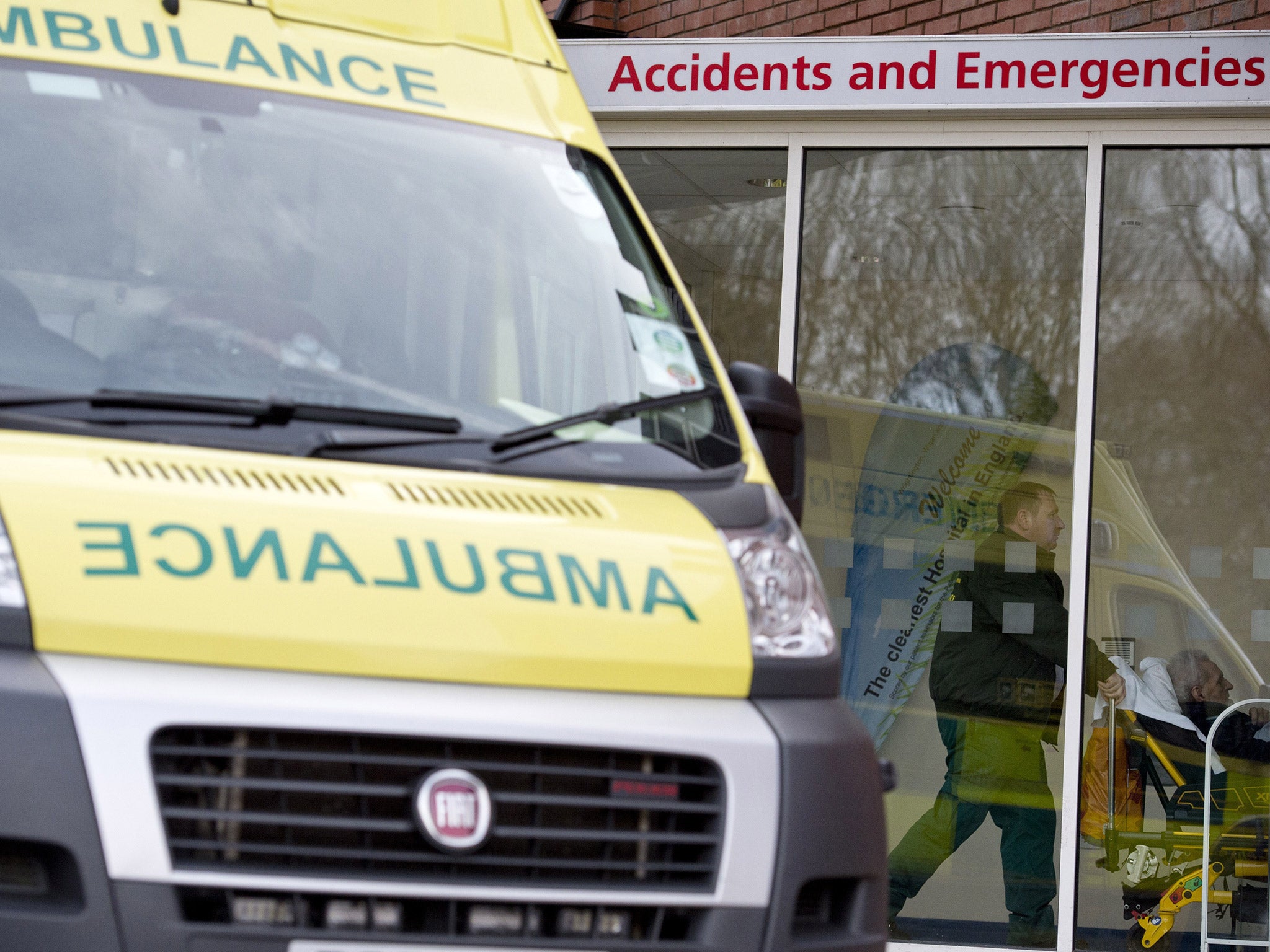Charging migrants for emergency treatment would cost NHS money in long run, experts warn
The proposal has been postponed subject to further consultation

Your support helps us to tell the story
From reproductive rights to climate change to Big Tech, The Independent is on the ground when the story is developing. Whether it's investigating the financials of Elon Musk's pro-Trump PAC or producing our latest documentary, 'The A Word', which shines a light on the American women fighting for reproductive rights, we know how important it is to parse out the facts from the messaging.
At such a critical moment in US history, we need reporters on the ground. Your donation allows us to keep sending journalists to speak to both sides of the story.
The Independent is trusted by Americans across the entire political spectrum. And unlike many other quality news outlets, we choose not to lock Americans out of our reporting and analysis with paywalls. We believe quality journalism should be available to everyone, paid for by those who can afford it.
Your support makes all the difference.Government plans to charge migrants for emergency medical treatment would not only make Britain one of most restrictive countries in Europe when it comes to healthcare but could also prove to be a false economy, experts have warned.
The proposal, which has been postponed subject to further public consultation, is to charge undocumented migrants for emergency and primary healthcare, states a paper in the British Medical Journal.
“The UK government wants the public to believe that the changes being proposed will make the country less appealing to undocumented migrants and will save taxpayers’ money. This view is shortsighted and misleading,” it claims.
Such a move could end up costing the NHS more in the long run and would make Britain’s health services among the least accessible in Europe, warn Lilana Keith, programmes director, Platform for International Cooperation on Undocumented Migrants, Brussels, and Ewout van Ginneken, senior researcher, Berlin University of Technology.
“Emergency services, which must be provided at the point of need, are exponentially more expensive than preventive or planned care. Furthermore, the NHS can rarely recoup these costs from patients who lack the means to pay,” they argue.
Not having access to preventative healthcare could lead to outbreaks of disease, with its associated costs, and checking the residence status of patients would be a major burden on the NHS, say the researchers.
New rules introduced in April force some migrants to pay a fee to cover any potential use of the NHS and automatically reject the immigration application of anyone who owes £1,000 or more for NHS treatment.
“No other EU country has such a structural link between immigration applications and access to health services,” states the paper.
Join our commenting forum
Join thought-provoking conversations, follow other Independent readers and see their replies
Comments